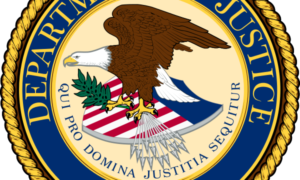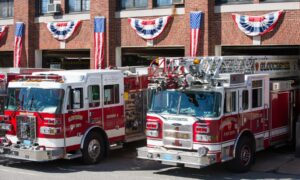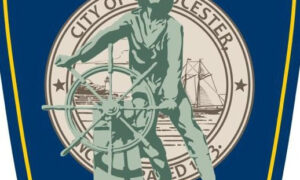IPSWICH – The Ipswich Public Health Department and Director of Public Health Colleen Fermon wish to recognize International Overdose Awareness Day by sharing prevention resources available to the residents of Ipswich.
International Overdose Awareness Day is observed on Aug. 31. It is the world’s largest annual overdose prevention campaign, aimed at honoring and remembering those who lost their lives to overdose while providing resources and support to those affected by overdose and substance misuse.
In recognition of International Overdose Awareness Day, the Public Health Department would like to remind residents of various available resources to support those affected by substance misuse.
The Town’s syringe services program, provided by North Shore Health Project through their One Stop Harm Reduction Program, offers free, confidential harm reduction services in Ipswich each Monday; times and locations vary each week. Individuals and businesses may call or text One Stop at 978-515-0455 for Narcan training, Narcan, Fentanyl test strips, and other services. Anyone homebound or with a transportation issue may contact One Stop for at-home service.
Narcan (naloxone) is a life-saving medication that can reverse the effects of an overdose from opioids – including heroin, fentanyl, and prescription opioid medications – when given in time. Having Narcan available allows bystanders to help during a fatal overdose and save lives.
Fentanyl test strips detect fentanyl, regardless of potency, in cocaine and other illicit drugs. Fentanyl mixed into stimulants such as cocaine and methamphetamines has become a common cause of overdoses. Fentanyl test strips are a low-cost way to prevent these overdoses from occurring.
Ipswich residents can access Narcan and fentanyl test strips through the OneStop Program or at the Public Health Department, 25 Green St.
The Town would also like to inform residents about the Massachusetts Good Samaritan Law. This law provides legal protections for individuals who call for emergency assistance in the event of a drug overdose. Having these protections in place reduces the potential for drug overdoses by encouraging people who witness or experience an overdose to get emergency assistance.
Other resources available to those who are struggling or know someone struggling with substance misuse include post-overdose interventions and medication access.
Post-overdose interventions establish positive relationships with overdose survivors and help survivors navigate social services systems. People who survive overdoses are at an increased risk of experiencing another overdose. Post-overdose interventions have shown promise in reducing the risk of subsequent overdoses and improving other health outcomes among people who have experienced a non-fatal overdose.
Medications for Opioid Use Disorder (MOUD) include methadone, buprenorphine and naltrexone. These medications, combined with behavioral therapies and counseling to treat opioid addiction, can be effective in facilitating recovery and reducing instances of overdose.
For more information on substance and mental health treatment programs in your area, reach out to a substance use hotline:
The Massachusetts Substance Use Helpline is available 24/7 and connects callers to free and confidential services from trained specialists. Callers can reach the Helpline at 800-327-5050 or text “HOPE” to 800327.
The National Helpline can be reached at 1-800-662-4357 or can be accessed online at www.FindTreatment.gov.
The Town would also like to provide the following sites for residents to learn more about the prevention, intervention, and treatment resources available:






